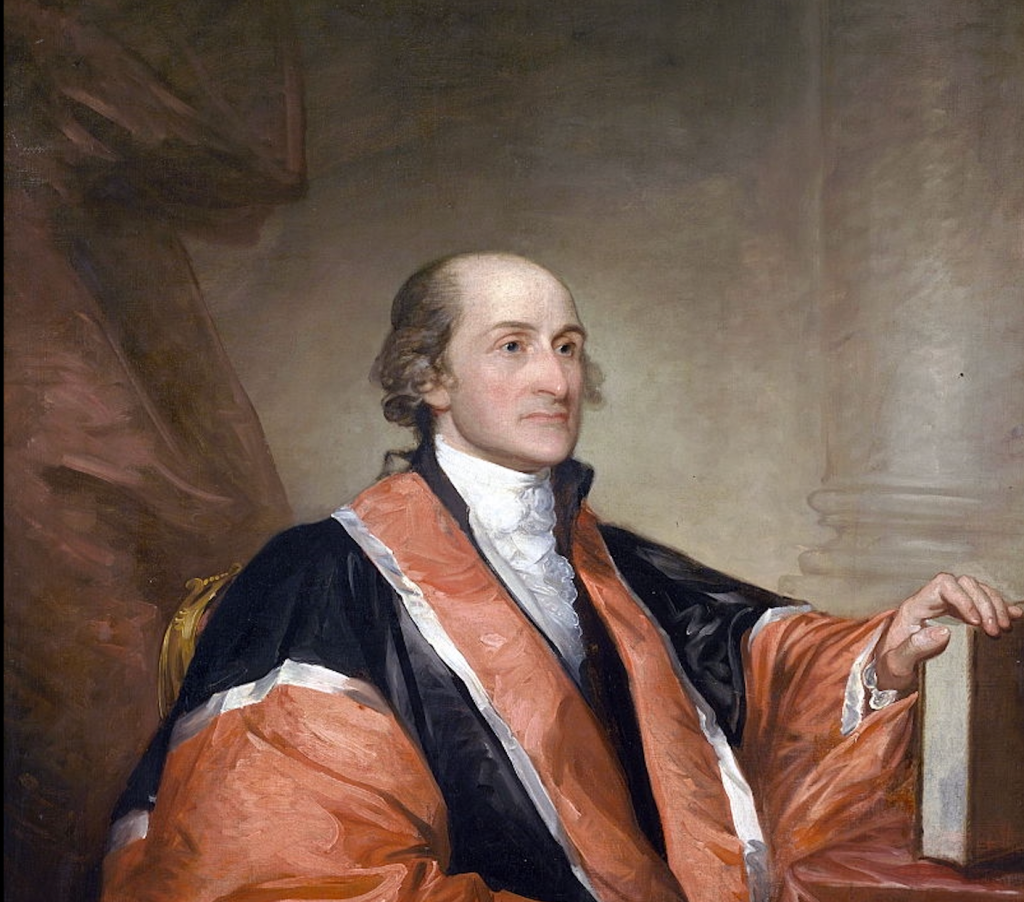On October 19, 1789, John Jay was sworn in as the first chief justice of the Supreme Court of the United States. A prominent Founding Father and native of New York, Jay held the title until his resignation in 1795, making his tenure one of the shortest in the prestigious lifetime position. Despite this, he was a towering figure among the intellectual giants who played a crucial role in shaping the nation. Throughout his career, Jay filled numerous high offices, including president of the Second Continental Congress, secretary of foreign affairs, and the Supreme Court’s first chief justice.
President George Washington appointed Jay to the chief justice position on September 24, after Jay initially declined an offer to serve as the first Secretary of State. The Senate unanimously confirmed his nomination on September 26, and Jay took his oaths before Richard Morris, chief justice of the State of New York, on October 19. As the inaugural chief justice, Jay was responsible for establishing rules, procedures, and precedents for the newly formed high court. One of the most well-known cases he presided over was Chisholm v. Georgia in 1793, which is associated with the introduction of judicial review, although the decision was later overturned by the Eleventh Amendment.
In addition to his role as chief justice, Jay was a co-author of the Federalist Papers and played a key role in negotiating the Treaty of Paris of 1783, which secured recognition of American independence from the British crown. He was also an early advocate for the abolition of slavery, stating that denying liberty to others while contending for one’s own was an inconsistency that could not be excused. After resigning as chief justice in 1795 at the age of 49, Jay became the governor of New York, where he organized the New York Manumission Society and helped pass a gradual emancipation law that eventually led to the end of slavery in the state in 1827.
Throughout his life, Jay made significant contributions to the nation’s founding and development, yet his achievements have often been overshadowed by those of his contemporaries. He was praised for his superior virtue and objectivity by President Washington, who appointed him to the chief justice position with great confidence in his qualifications. Jay’s dedication to public service, his work in shaping the early judiciary system, and his advocacy for important causes such as abolition have solidified his place as a foundational figure in American history. Despite his relatively brief tenure as chief justice, John Jay’s legacy continues to be honored and commemorated in the annals of American history.













